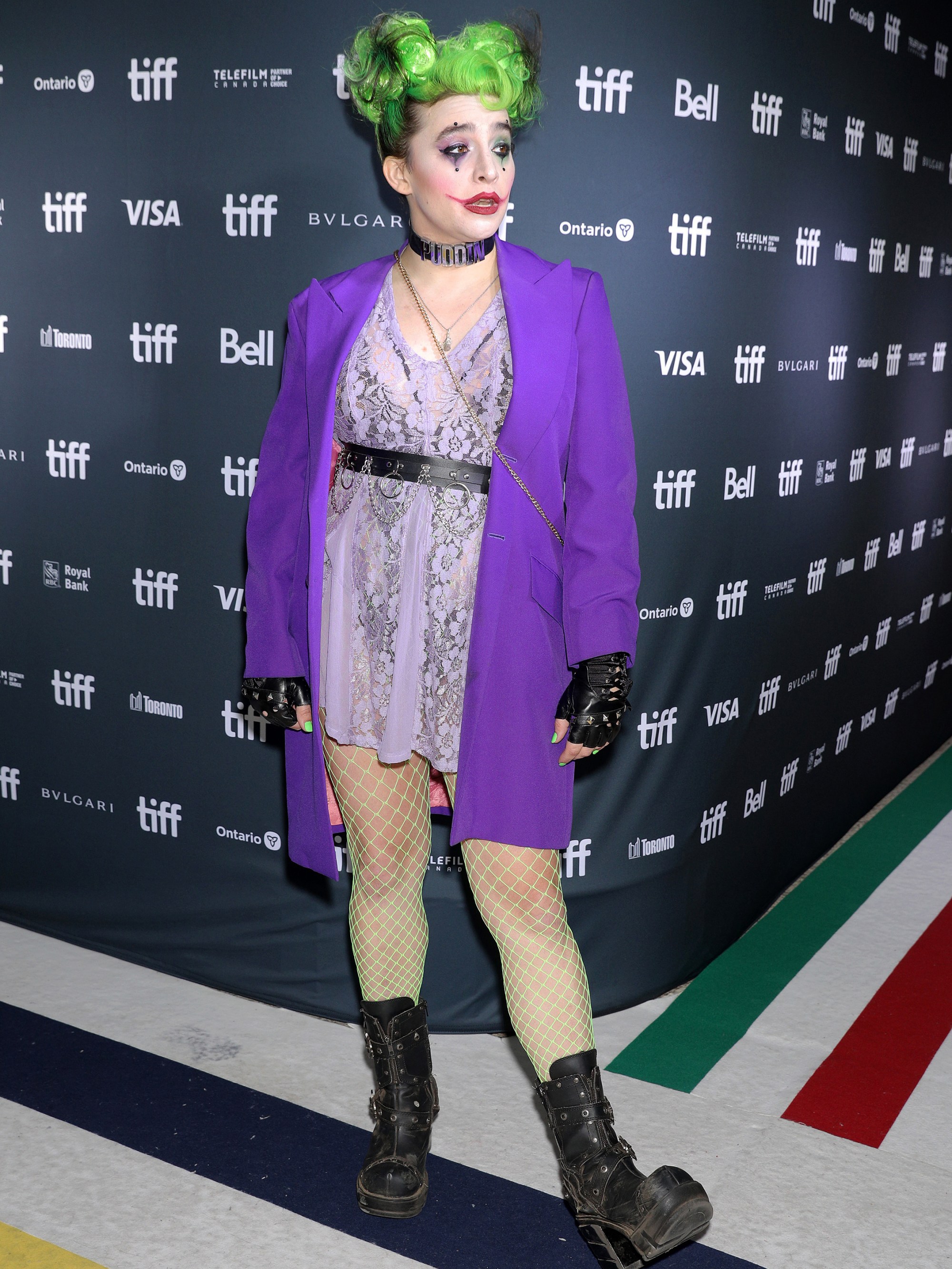
- Festivals
TIFF 2022: “The People’s Joker” Premieres, Then Disappears
The Joker, the longtime foil of superhero Batman both in comic books and onscreen, is known for his anarchic sense of humor. But an independent film made much in that same spirit, writer-director-star Vera Drew’s outrageously imaginative The People’s Joker is finding its attempted fair-use satirical exploitation of that same character muffled.
The movie made its world premiere on the evening of September 13, as part of the Midnight Madness section at the 2022 Toronto International Film Festival. Now, all additional screenings of The People’s Joker have been canceled. “The filmmaker has withdrawn this film due to rights issues,” reads a portion of a statement posted on TIFF’s official website.
The controversy calls to mind 2013’s audacious Escape From Tomorrow, a film surreptitiously shot at Disney World which put a decidedly unnerving and menacing spin on the so-called “Happiest Place on Earth,” re-casting Disney princesses as secret sex workers, among other elements.
The key difference, however, is that with that work of DIY guerrilla art the Walt Disney Company chose to embrace a strategic decision of ignoring the movie’s premiere at the Sundance Film Festival (and even its eventual distribution). Meanwhile, Warner Bros., the corporate owner of DC Comics, slapped Drew and company with a cease-and-desist injunction. As a result, additional planned festival engagements of The People’s Joker, including at Beyond Fest and Fantastic Fest, have already been scrubbed from their respective online schedules.
Drew herself tipped off the looming dispute with a social media post the afternoon of her movie’s bow. “I have no clue how today goes and my team wants me to say nothing of course so I’ll stay vague…” she wrote on Twitter. “But whatever happens in the next few hours, I want you to know… if you’ve been waiting and aching to watch our movie, [you’re] going to get to soon. Stay tuned and stay with me. Need [your] help.”
The People’s Joker is a queer coming-of-age story which uses Harley Quinn and the Joker as analogs for the gender experience. It centers on Joker the Harlequin (Drew), a trans woman, addicted since youth to a laughing gas prescribed by a doctor attempting to suppress her true identity, attempting to break into Gotham City’s competitive underground comedy scene. Other Batman supporting players like the Penguin (Nathan Faustyn) and Ra’s al Ghul (David Liebe Hart) factor into the proceedings, as does even Saturday Night Live producer Lorne Michaels (voiced by Sarah Sherman).
The film was born out of a jokey re-editing project of Todd Phillips’ Joker, wherein Drew asked viewers on her YouTube channel to send in clips of themselves cosplaying as various Batman characters. The finished product is a wild mash-up of different visual styles that incorporates animation, chunks of the aforementioned submitted footage, and green-screen material shot at Drew’s home, often with crude digital avatars standing in for certain characters or other elements. It riffs on fandom and folds in bits from all manner of Batman media, especially the Joel Schumacher-directed films (which of course have their own coded reading), tweaking narrative canon (having its lead character tumble into a vat of concentrated estrogen, for example) in amusing and evocative fashion.
Despite the legal questions which the film raises, and other issues tied to further viability of exhibition (there are also a number of uncleared songs), The People’s Joker is one-of-a-kind work. Cameo appearances from a handful of familiar faces like Bob Odenkirk, Tim Heidecker and Scott Aukerman help give the movie a small pinch of alt-comedy-approved playfulness, but its examination of corporate ownership of identity, and how that in turn connects to individuality and personal identity, is the type of bold thematic swing very rarely seen onscreen in a film of this framing and means.
It seems a shame, then, that Drew’s handcrafted, highly personal and idiosyncratic work might not get a chance to more robustly connect with a historically underserved audience primed to both see elements of their own stories onscreen, and respond to its provocative sense of humor.
Its suppression begs a simple question: “Why so serious, Warner Bros.?”

